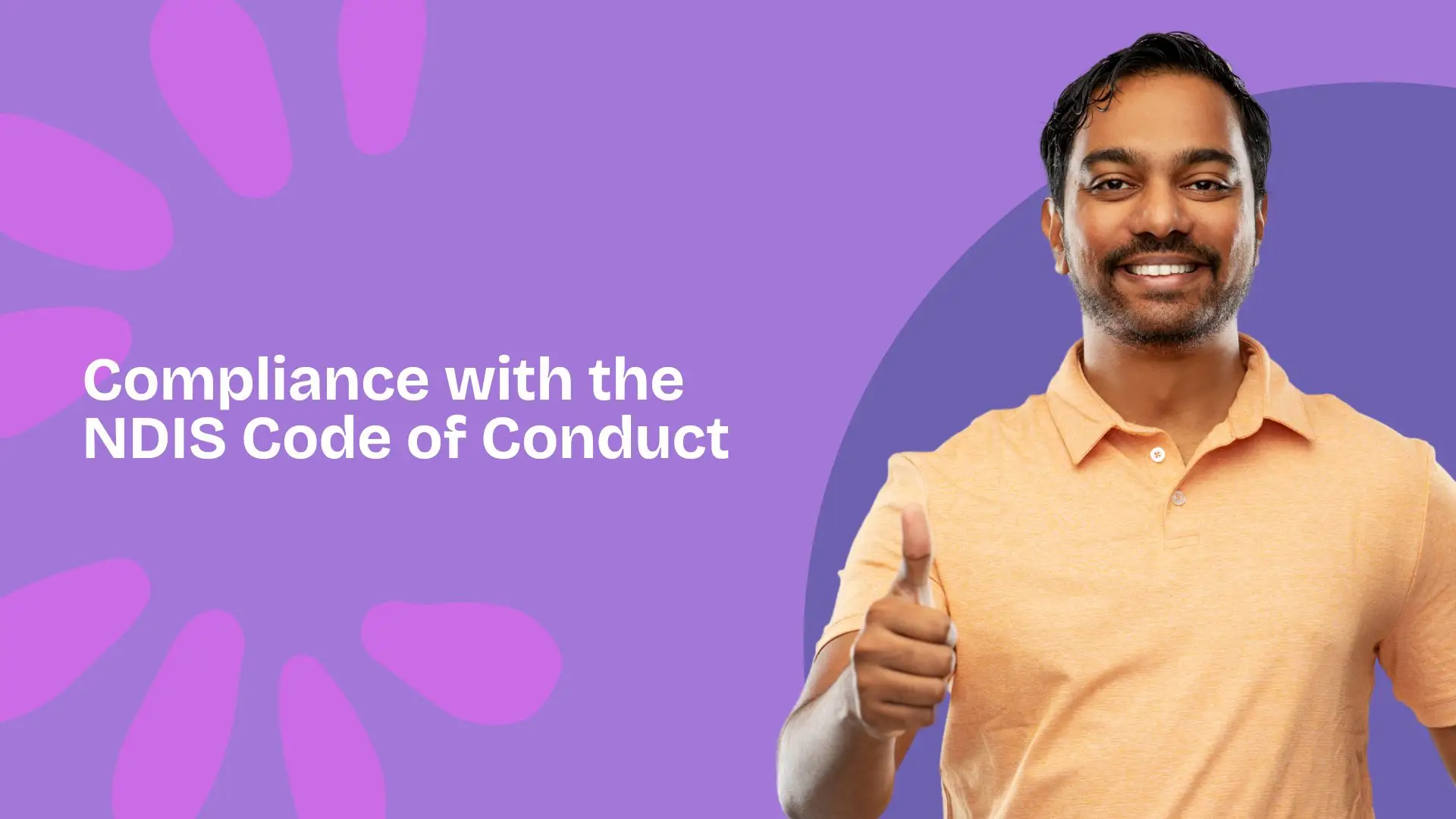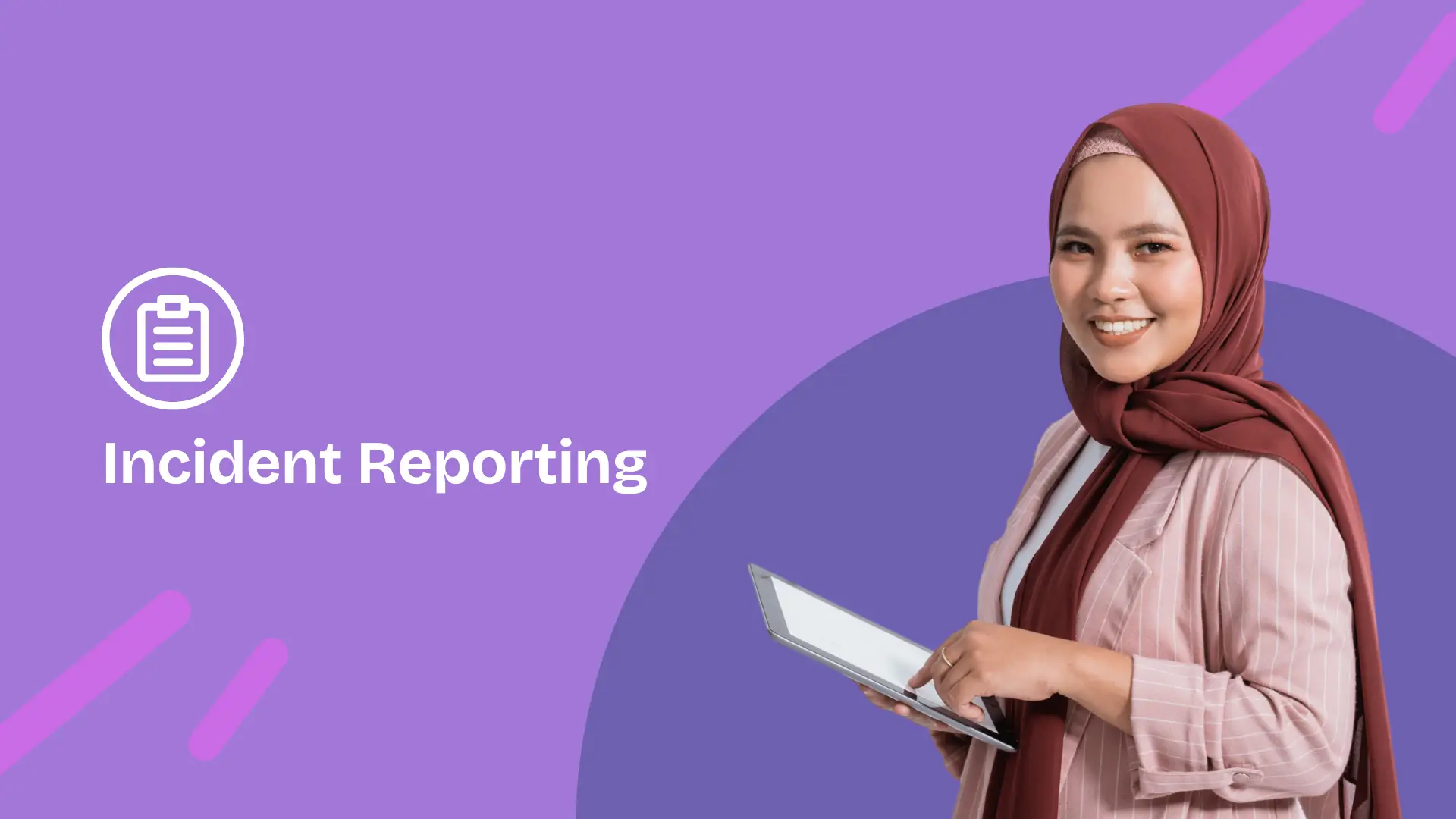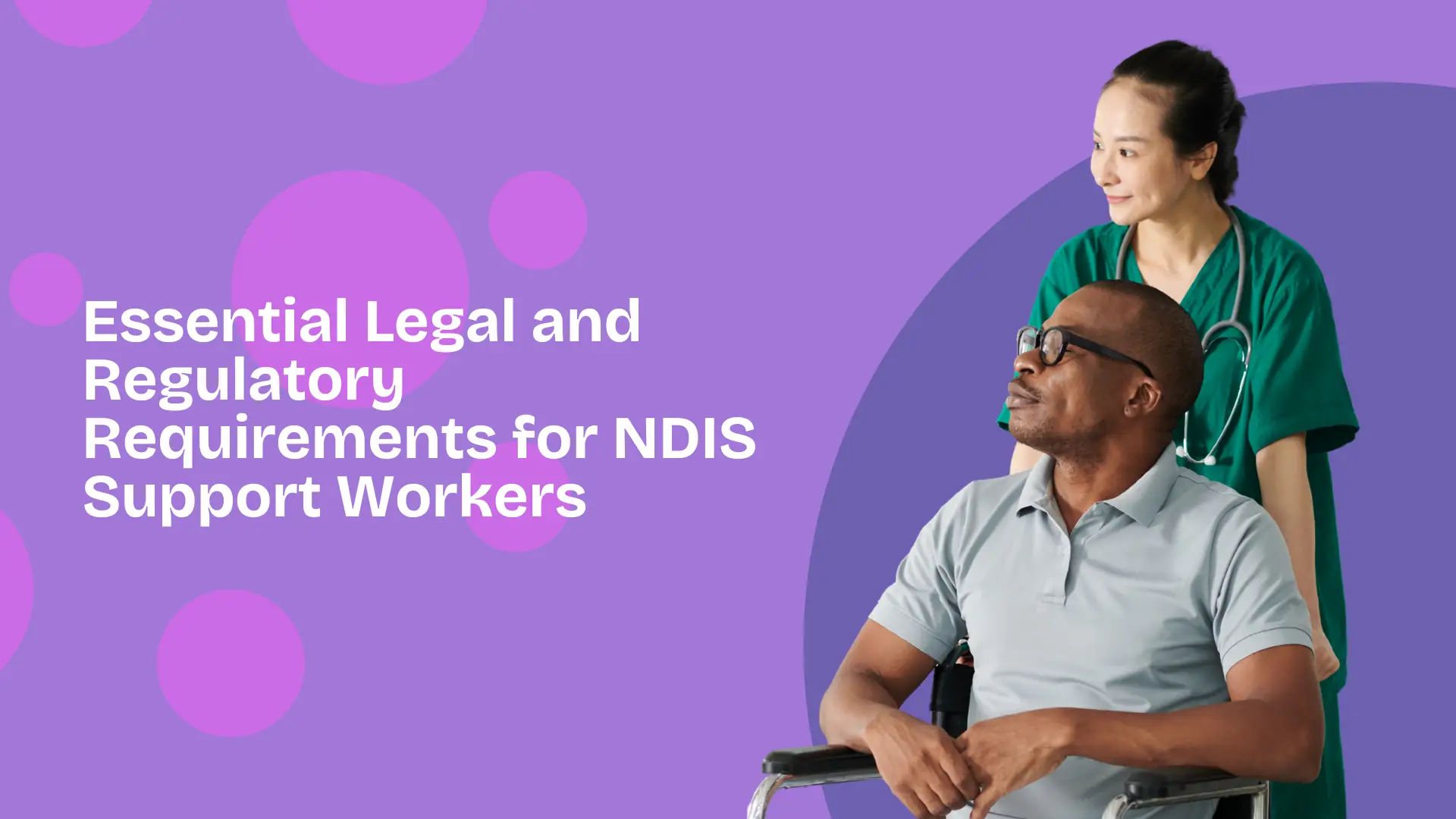Working as an NDIS support worker in Australia is incredibly rewarding, offering the chance to make a significant difference in people’s lives. However, this role also comes with important legal and regulatory responsibilities that ensure safety, compliance, and high-quality support for NDIS participants. Whether you’re employed by a registered provider or you’re a self-employed support worker, understanding these requirements helps you protect yourself and those you support effectively.
The NDIS Worker Screening Check
One of the critical requirements for all NDIS support workers is the NDIS Worker Screening Check. This national background check assesses whether a worker poses any risk to individuals with disabilities, ensuring participant safety and well-being.
Who Needs This Check?
- If you’re employed by a registered NDIS provider and your role involves direct contact with participants, this screening check is mandatory.
- Although not legally required for self-employed workers, it is highly recommended. Many participants and their families look specifically for workers who have completed this check.
Key Details to Remember:
- Valid nationally for five years.
- Subject to continuous monitoring, which can lead to clearance being revoked if new risks emerge.
- Provides reassurance to participants and enhances your employability.
Related: How to Become an NDIS Support Worker
National Police Check (NPC)
Although the NDIS Worker Screening Check has largely superseded the NPC, it remains relevant, especially for independent workers. Many clients, particularly those self-managing their NDIS plans, prefer workers who have up-to-date National Police Checks. Maintaining a current NPC is a practical step in demonstrating your reliability and commitment to client safety.
Working With Children Check (WWCC)
When your work involves participants under the age of 18, a Working With Children Check (WWCC) is mandatory. Unlike the NDIS Worker Screening Check, the WWCC specifically evaluates your suitability to work with minors. It’s vital to remember these checks are independent of each other; obtaining one does not exempt you from obtaining the other.
Key points for WWCC:
- Mandatory for all support roles involving minors.
- Essential for independent workers before commencing roles involving children.
- Each state has specific regulations and application processes—ensure you comply with your local requirements.
NDIS Worker Orientation Module – “Quality, Safety, and You”
The NDIS Worker Orientation Module, officially titled “Quality, Safety, and You,” is an online training module that every NDIS support worker should complete. This training provides foundational knowledge on the NDIS Code of Conduct and covers critical topics like participant rights, quality support delivery, and ethical standards.
Benefits of Completing the Module:
- Mandatory training for registered provider employees.
- Strongly advised for self-employed support workers to showcase their professional standards.
- Upon completion, workers receive an industry-recognised certificate, enhancing their professional credibility.
Related: Common NDIS Support Worker Interview questions
Recommended Qualifications and Training

Although the NDIS does not mandate formal qualifications like Certificate III or IV in Disability, obtaining these credentials significantly boosts your employability and equips you with essential skills to handle various care scenarios effectively.
Valuable Qualifications to Consider:
- Certificate III or IV in Disability Support: Offers comprehensive training, improving job readiness and quality of service.
- First Aid and CPR: Regularly updated certifications ensure you can effectively handle emergency situations.
- Specialised training: For high-risk tasks such as medication administration, manual handling, and complex behavioural management, specialised certifications are often mandatory.
Essential Insurance Coverage
Insurance plays a crucial role in protecting both you and your clients from unforeseen incidents. Having adequate insurance coverage is not just prudent—it’s often mandatory, particularly for independent workers.
Types of Essential Insurance:
- Public Liability Insurance: Covers any injuries or damages that may occur during service delivery.
- Professional Indemnity Insurance: Protects against claims arising from errors, omissions, or negligence in your professional capacity.
- Workers’ Compensation or Personal Accident Insurance: Essential for covering your financial needs if injured while providing support.
- Additional Considerations: Vehicle insurance is necessary if your work involves transporting participants, and fidelity insurance is recommended if you manage participant funds.
Compliance with the NDIS Code of Conduct

Every NDIS support worker is bound by the NDIS Code of Conduct, outlining ethical and professional behaviour standards. Compliance ensures respectful, competent, and safe service delivery.
Core Principles Include:
- Respecting participant autonomy, rights, and dignity.
- Protecting privacy and confidentiality rigorously.
- Delivering competent, safe, and reliable services.
- Acting transparently, honestly, and ethically.
- Proactively addressing and reporting any safety or quality concerns.
- Zero tolerance towards any form of abuse, neglect, or exploitation.
Incident Reporting Obligations

Effective incident reporting is integral to participant safety. Support workers must understand and comply with their reporting obligations.
What is Reportable?
- Serious injuries or medical incidents involving participants.
- Any form of abuse, neglect, exploitation, or inappropriate restrictive practices.
Reporting Protocols:
- Employees of registered providers must promptly report incidents internally, which then get escalated to the NDIS Commission.
- Self-employed workers must document incidents clearly, notify relevant authorities, and communicate transparently with participants and their representatives.
Recommended Best Practices for Professional Excellence
While mandatory compliance is crucial, going above and beyond in your role significantly boosts your effectiveness, trustworthiness, and career prospects.
Practical Tips for Professional Growth:
- Continuous Learning: Regularly participate in relevant training and development workshops.
- Clear Communication: Build strong communication skills tailored to meet diverse participant needs.
- Service Agreements: Clearly outline service terms, fees, and expectations to prevent misunderstandings.
- Documentation: Keep detailed, accurate records of your services and interactions.
- Professional Boundaries: Maintain clear boundaries to protect the professionalism and integrity of your relationships.
- Stay Informed: Regularly update yourself with NDIS guidelines and best practices.
- Self-Care: Prioritise personal wellness and health to maintain consistent quality care.
Final Thoughts
Working as an NDIS support worker involves much more than compliance—it requires ongoing commitment, compassion, and dedication to improving participants’ lives. Ensuring you meet all legal and regulatory requirements lays the foundation for a safe, effective, and fulfilling career. By adopting best practices, continuously upgrading your skills, and staying informed, you’ll not only comply but excel in your critical role supporting NDIS participants. Keep this guide handy, stay proactive, and embrace your journey as an empowered, trusted, and competent NDIS support professional.

